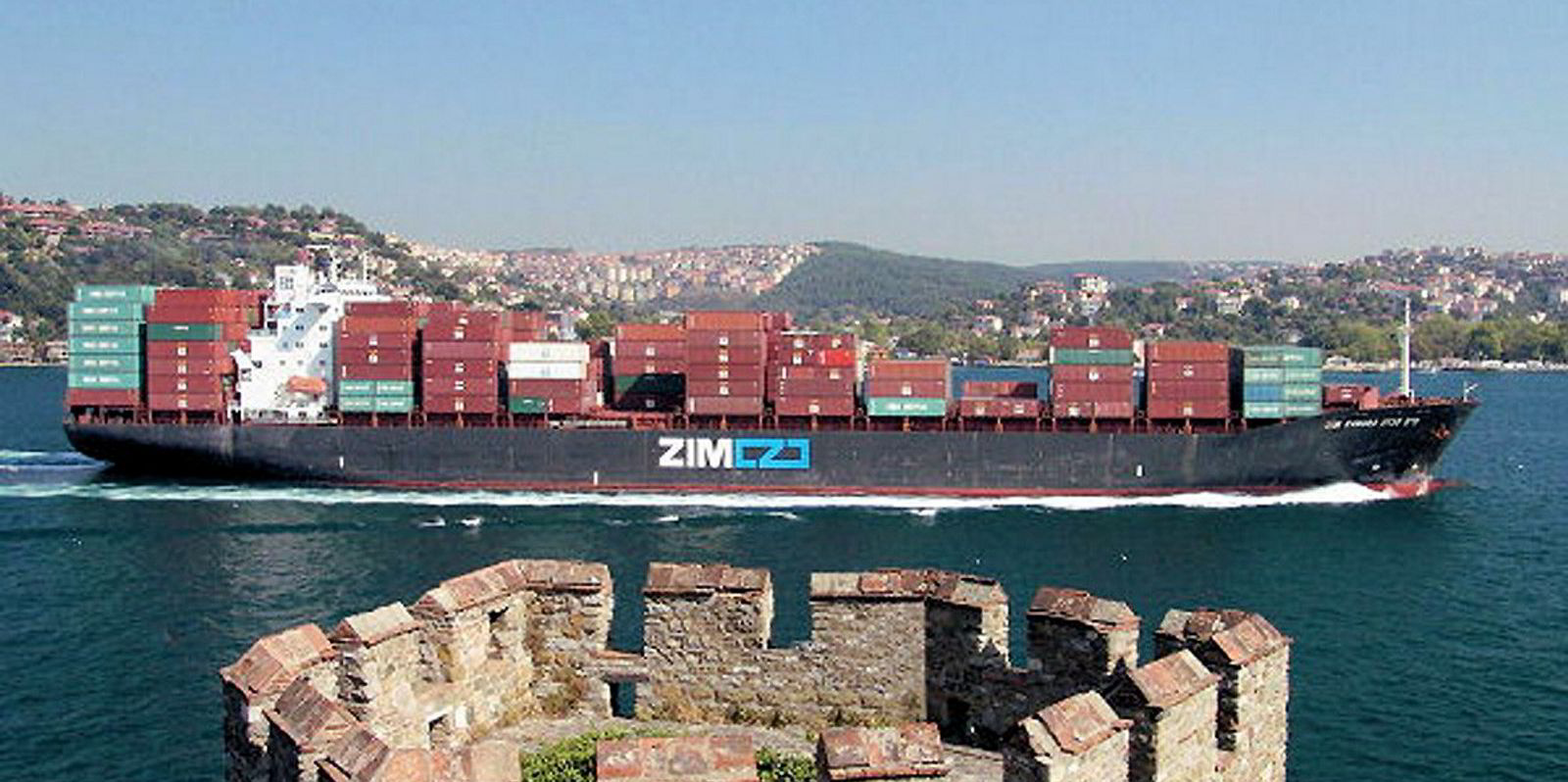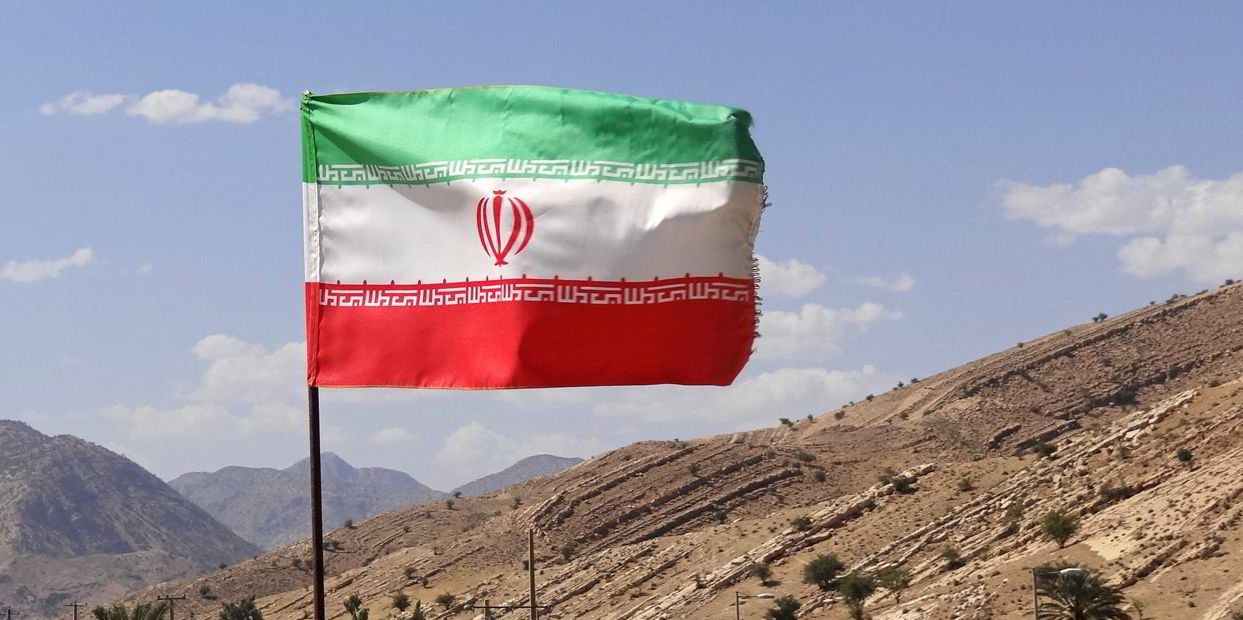A significant portion of older crude tankers carry high sanctions risk, Frontline's Lars Barstad told a panel at Marine Money Week.
When asked what the role for older tonnage was in the market, the interim chief executive of the John Fredriksen-backed tanker owner said the ships were being used in trades sanctioned by the US.
He said standard know-your-customer vetting processes shows 25% of tankers 15 years and older are "high risk" for sanctions for involvement in carrying Venezuelan or Iranian crude.
"Regretfully, that's the situation we're in," Barstad said during a tanker panel, held online due to the Covid-19 pandemic.
He said the cargoes are often labelled Malaysian blend and brought to China.
Both Iran and Venezuela have been under onerous US sanctions for several years, forcing above-board shipping companies and charterers fleeing as they could be subject to US sanctions themselves for carrying those cargoes.
The prolonged life of older tankers comes amid a backdrop of depressed rates thanks to Covid-19 oil demand destruction and climbing steel prices, which would ordinarily make scrapping an attractive option for owners.
According to Clarksons, 5.6m dwt of tankers have been scrapped so far this year, more than in all of 2019 and 2020, but significantly less than the 20.3m dwt scrapped in 2018.
Ship valuation service VesselsValue shows 368 tankers at least 15 years old and 120,000 dwt.
Euronav chief executive Hugo De Stoop said the Iranian and Venezuelan oil cargoes are being sold at discounts of up to 40%, allowing buyers to spend the difference on charter hire.
"We hear that those guys were earning $40,000, $50,000, even $60,000 per day" carrying sanctioned cargoes, De Stoop said.
"They can afford to do that and they can afford to buy the ship at slightly higher prices."
He went on to reiterate his belief that, should the US and Iran come to an agreement to lift sanctions, ships would be scrapped in short order as the rationale for their continued trading is skirting those sanctions.
"The minute those barrels come back into the market, they no longer carry that discount," De Stoop said.






